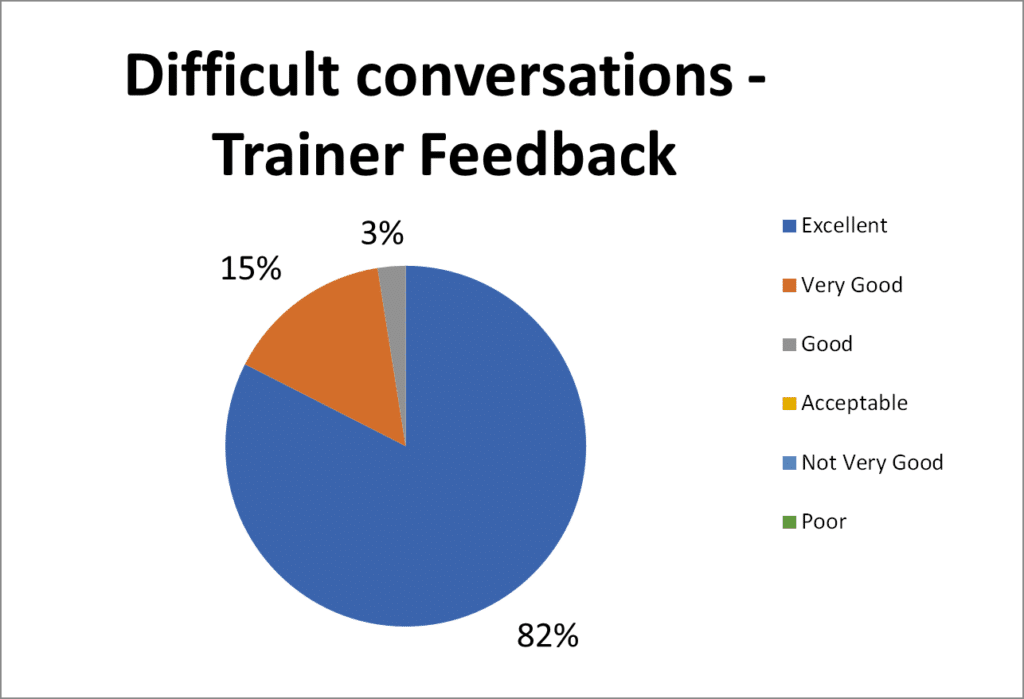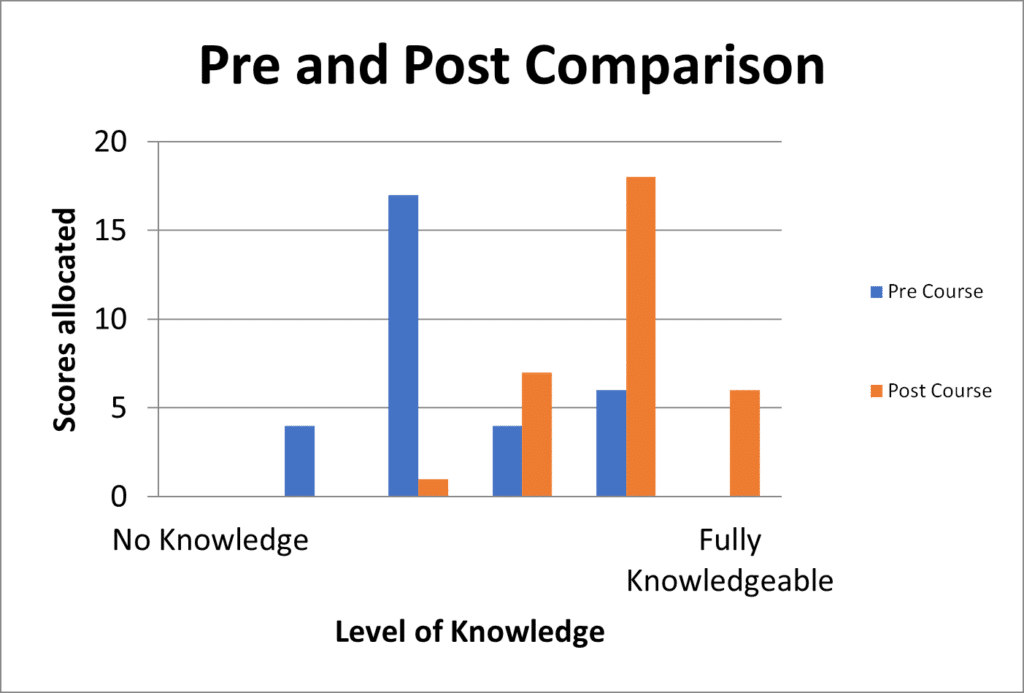Wellbeing Suite
Context
Formed in April 2013 from a merger of the Countryside Council for Wales, Environment Agency Wales and Forestry Commission Wales, as well as assuming some roles formerly performed by the Welsh Government, Natural Resources Wales (NRW) (Cyfoeth Naturiol Cymruis) is the largest Welsh Government Sponsored Body, with a budget over £180 million and more than 1,900 employees.
Today, the organisation manages 7% of Wales’ land, including the Welsh Government Woodland Estate, processes over 7,000 incident reports annually, advises as a member of all 15 Welsh Public Services Boards, maintains 455km of flood defences and manages 56 National Nature Reserves (some in partnership) and 3 visitor centres.
Requirement
During 2018, NRW began planning for a large-scale internal reorganisation, with staff involved in planning and discussions ahead of a formal consultation process. This created a significant amount of uncertainty, anxiety and stress for staff as the results would incur reductions in staffing numbers and some functions being relocated. Whilst NRW was able to communicate the process of the reorganisation and apply their own internal policies to the planning, they also wanted to support their staff with the personal and emotional impacts of the process.
Eliesha had worked with NRW on a previous project, supporting their Flood Teams to have ‘delicate’ conversations with families and communities in emergency situations. As a result of the success of our partnership approach in designing and delivering that work, NRW asked Eliesha to help with this organisational challenge.
Because the reorganisation process was being run to a timetable agreed with key stakeholders, such as the Unions and the Welsh Government, speed and time were of the essence in delivering support. We already had a large catalogue of materials supporting workplace wellbeing that we could deploy and so we made these course outlines immediately available to NRW for their analysis. In further, more detailed discussions with them, 3 key requirements emerged:
- Interventions had to be:
- Short and focused, so that people could access them easily in their daily routines and gain practical skills they could apply to their immediate challenges.
- Available to all, meaning an ability to deliver workshops multiple times across a range of NRW sites (situated throughout Wales).
- Available in both English and Welsh to enable the maximum amount of engagement and to meet NRW commitments to Welsh language regulations.
Solution
In collaborative dialogue with NRW stakeholders around our existing sets of training material, we finalised a list of workshops, covering several topics. These could be deployed immediately as a ‘Wellbeing Suite’ and were all designed to help participants be confident and feel supported in very difficult, often emotional, positions. Modules made available were:
- Difficult Conversations
- Emotional Intelligence and You
- Improve Mental Health, Wellbeing and Resilience
- Mastering Emotions and Resilience for Managers
- Mental Health Awareness
- Mindfulness
- Personal Resilience
- Stress Awareness
As well as the practical skills and behaviours that formed the core content of these workshops, we knew that creating a safe environment for people to talk openly and honestly with their peers would be extremely beneficial for the NRW workforce. We ensured that the sessions were highly interactive, giving opportunity for discussion, and that our trainers emphasised the need for respect and confidentiality in the initial contracting between participants – establishing a psychologically safe learning environment.
Results
Feedback from delivery was overwhelmingly positive, with results praising Eliesha’s delivery and the content for being informative and thought provoking.
The impact upon the knowledge of the group is also clear to see as not only were delegates enabled to engage with each other and with sensitive subjects by our trainers (see example figure 1 – left), but participants knowledge and skills of these crucial areas developed significantly (see figure 2 – right).


Comments
Delegates also provided qualitive feedback. The following was taken from a selection of modules and delivery locations:
- “Great personable delivery by a knowledgeable trainer.”
- “Informative and relevant techniques discussed for improving personal resilience”
- “Very reflective exercise – very thought provoking, and reassuring that individuals can work to balance demands of work and home life themselves – if they want to”
- “Very accommodating and flexible trainer, who adopted the course to our needs.”
- “Validation of feelings and concerns of team leaders”
- “Free form discussions and learning from experiences of others was particularly valuable. Really Excellent”

